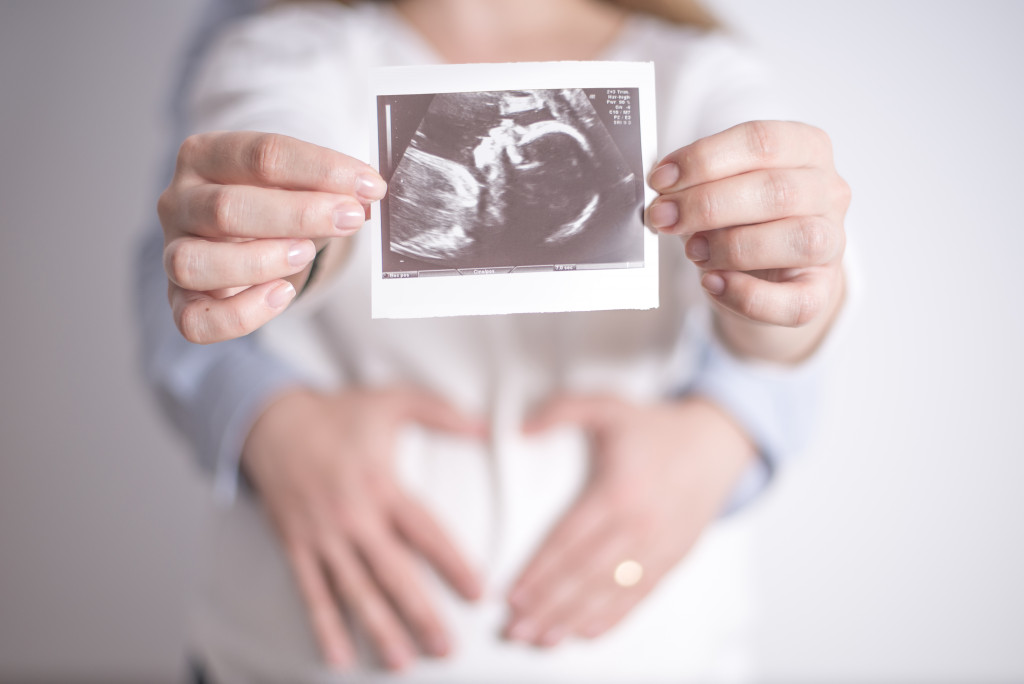Health complications normally arise during pregnancy. They can affect the baby or the mother’s health, or both. Some pregnant women develop health problems during the pregnancy, while others have existing health issues before getting pregnant, which leads to severe complications. That’s why women must have regular checkups before and during pregnancy to ensure that the baby and her health aren’t compromised.
Before Getting Pregnant
If you plan to get pregnant, utmost preparation is advised. You need to speak with your doctor and discuss your current health problems and those you had in the past. If you are currently being treated for a health issue, your care provider might need to change a few things to ensure a safe pregnancy.
For instance, some medicines you take may affect your fertility, making it hard to conceive. After informing them that you want to get pregnant, they will change your prescription and give you medicines that won’t harm you or the baby.
Similarly, your health care provider can identify if it’s safe for you to get pregnant at the moment or not. With your safety in mind, they might advise postponing the pregnancy until after you finish your treatment.
During Pregnancy
Complications during pregnancy can have different levels of discomfort. From mild symptoms to severe, and sometimes fatal, illnesses, an expectant mother can find it extremely hard to deal with her situation. In addition, since pregnancy often comes with “normal” discomfort, it gets pretty hard to determine which of them are safe and which needs medical attention.
Health issues during pregnancy may involve physical and mental conditions. Sadly, these problems can affect the mother and the baby. However, many health issues during pregnancy are not intense and do not progress into something bothersome. Whether you have problems or none, it’s crucial to regularly see your prenatal care provider for a healthy pregnancy.
Potential Maternal Health Conditions

Dental Health
Several dental health problems may occur during pregnancy, but periodontal disease is the most prevalent. Periodontal disease takes place when the pregnant woman has untreated gingivitis. This health problem can lead to severe infections that affect the gums and bones that keep teeth in place. You might notice that your teeth are starting to get loose. In this case, it’s vital to visit a dentist right away.
Anemia
Anemia is pretty common among pregnant women. This is a condition where the healthy red blood cells are too low, causing the woman to feel weak and tired. But this can be resolved by regularly taking folic acid and iron supplements prescribed by your health care provider.
Urinary Tract Infection (UTI)
UTI occurs when bacteria infect the urinary tract. Some of its common symptoms include:
- Burning sensation or pain when peeing
- Fever and tiredness
- The need to use the bathroom too often
- Unusual pressure in the belly area
- Urine that looks reddish and has a foul odor
- Back pain and nausea
If you suspect having a UTI, make sure to visit your prenatal care provider. You will undergo a UTI test where you need to submit samples of your urine. If the results come back positive, you will be given an antibiotic to eliminate the infection, and you’ll feel better in about two days after taking the medicines.
Mental Health Issues
Many women suffer depression during and after pregnancy. The symptoms are:
- Sadness or low mood
- Sudden changes in appetite, energy, and sleep
- Loss of interest in things she used to enjoy
- Problems making decisions, concentrating, and thinking
- Adverse feelings such as guilt, shame, and worthlessness
- Suicidal thoughts
Some of these symptoms may attack you one at a time or together. Depression will make it hard for you to take care of yourself and your baby, so it’s vital to see a doctor as soon as possible. In addition, depression during pregnancy increases your risk of postpartum depression, which is more challenging to manage. It’s crucial to get treatment so that your health care provider can create an efficient management plan.
Hypertension
Chronic hypertension before and during pregnancy is a big risk for a pregnant woman and her unborn baby. It is also commonly associated with maternity complications like placental abruption, gestational diabetes, and preeclampsia. Moreover, these conditions put a woman at a higher risk of preterm delivery, infant death, and other poor birth outcomes.
Prevent putting yourself from these risks by discussing your hypertension problems with your doctor. You will be given proper treatment to control your blood pressure and ensure a safe pregnancy. But keep in mind that hypertension treatment is necessary before, during, and even after your pregnancy.
In summary, a pregnant woman may experience mild and severe health conditions during and after pregnancy. Prenatal care is highly advised to maintain good health and secure the baby’s health.

